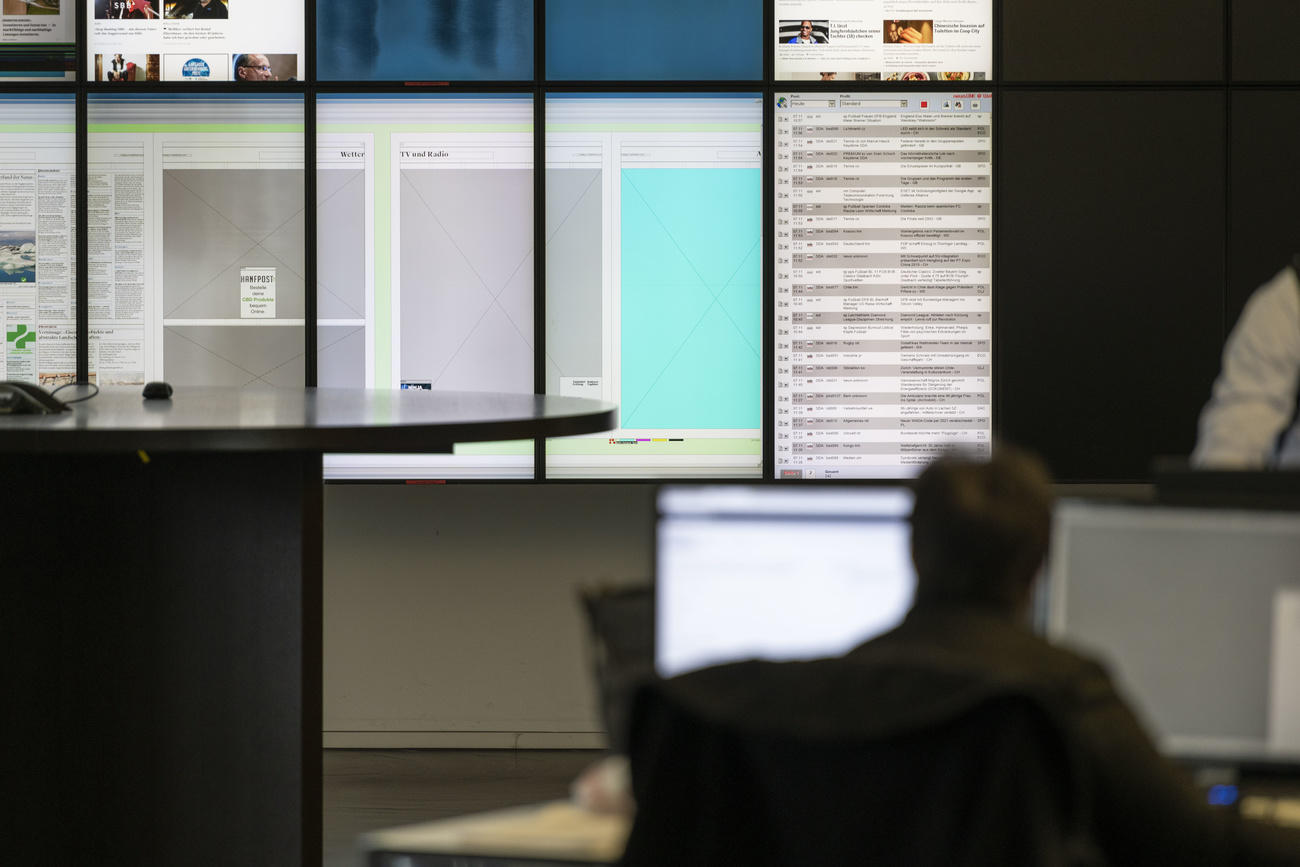
Work absence linked to mental health on the rise

Since 2012, the number of work stoppages attributed to mental illness have risen by 50% according to two insurers.
In six out of ten cases, this is due to burn-out or depression, according to statistics from the Swica and PK Rück insurance companies, which cover several hundred thousand employees, reports the NZZ am Sonntag paper.
Absences due to mental health problems have increased by 70% since 2012 at PK Rück while Swica reports an increase of almost 50%. According to a representative of PK Rück, those in the 40 to 50 age group are most vulnerable but share of younger employees has increased considerably.
The professions most at risk are teachers, doctors, nurses and administrators. One in five employees reported high levels of stress in the last national health survey. However, unlike in other European countries, burn-out is not considered an occupational disease in Switzerland. The government considers that non work-related factors might be at play in such cases.
According to PK Rück, severe mental illness results in work stoppage for an average of 18 months, twice as long as for other illnesses. Moreover, the chances of reintegration into the labour market are significantly lower and the majority of cases end in dismissal. After an absence of six months, only half manage to return to work and the proportion drops to one in five after one year.
Stress-related costs of absences, productivity loss and disability pensions has been estimated by the State Secretariat for Economic Affairs (SECO) at CHF10 billion (around $10.2 billion) per year in 2012.

More
Why burnout is such a controversial issue in Switzerland

In compliance with the JTI standards
More: SWI swissinfo.ch certified by the Journalism Trust Initiative




























You can find an overview of ongoing debates with our journalists here . Please join us!
If you want to start a conversation about a topic raised in this article or want to report factual errors, email us at english@swissinfo.ch.